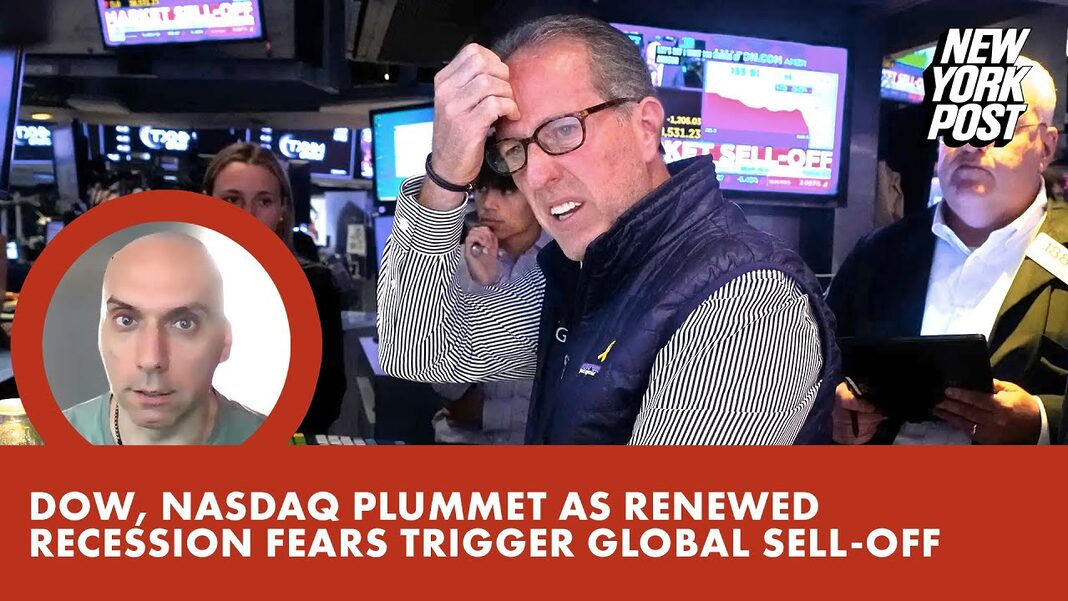Japanese stocks plunged on Aug. 5 in their biggest drop ever.
Japanese stocks plunged on Aug. 5 in their biggest drop ever, amid concerns about the global economy and fresh forecasts of a possible recession.
The Nikkei 225, a stock market index for the Tokyo Stock Exchange, shed 12.4 percent on Aug. 5, losing 4,451 points. During the 1987 Black Monday sell-off, the index lost 3,836.48 points, which was the worst previous decline.
The Nikkei share average drop comes as the dismal Aug. 2 jobs data in the United States heightened worries of a possible recession, and as the yen rallied to seven-month highs versus the dollar.
Japan’s banking stocks led the rout, pushing the Nikkei into bear market territory with a 27 percent drop from its July 11 peak of 42,426.77. From July 11 to the Aug. 5 close of 31,458.42, the Nikkei has wiped out 113 trillion yen ($792 billion) of its peak market value.
“The rapid move in the yen is putting downward pressure on Japanese equities, but it’s also driving an unwind of a major carry trade—investors had leveraged up by borrowing in yen to buy other assets, chiefly U.S. tech stocks,” Capital.com senior financial market analyst Kyle Rodda said. “We are basically seeing a mass deleveraging as investors sell assets to fund their losses.”
But Japanese Finance Minister Shunichi Suzuki, who told reporters on Aug. 5 that the government is watching the markets, said that it is “hard to say” what is behind the plunge in the Nikkei. He addressed the media after Aug. 5 trading ended.
Some major Japanese companies were affected. Honda Motor Co. dropped by 13.4 percent, while Toyota Motor Corp. fell by about 11 percent. Mitsubishi UFJ Financial Group fell by 18.4 percent, and Tokyo Electron plunged by 15.8 percent, according to LiveMint.com.
Inside the United States
Last week’s Department of Labor report showing that hiring by U.S. employers significantly slowed last month by much more than expected has convulsed financial markets. While job growth had been on the decline before last month, it was relatively stable despite the Federal Reserve’s move to push interest rates to their highest levels in about two decades.





